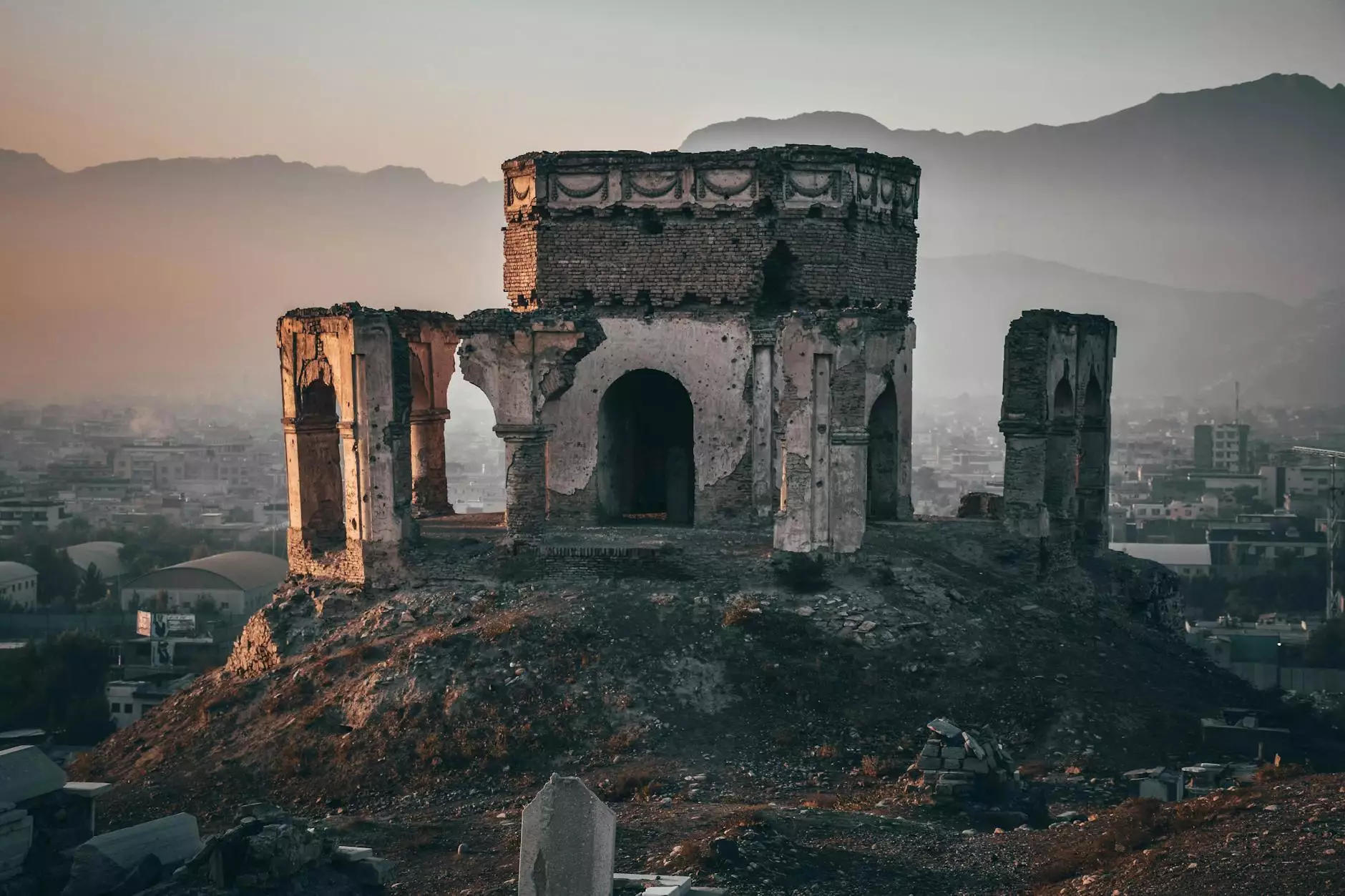U.S. Policy & COFA Citizens: Migration from Climate- ... - Greater Carolinas Womens Center
Resources
Introduction
Welcome to the Greater Carolinas Womens Center, where we strive to provide valuable information about various topics that impact women's lives. In this article, we will delve into the effects of U.S. policy and the compacts of free association on COFA citizens and their migration patterns, specifically focusing on the influence of climate change.
Understanding U.S. Policy and COFA Citizens
To grasp the significance of this topic, let's first understand what U.S. policy and the compacts of free association entail. The United States has entered into agreements called compacts of free association with three nations in the Pacific region: the Republic of the Marshall Islands, the Federated States of Micronesia, and the Republic of Palau.
The Impact of Climate Change on COFA Citizens
Climate change poses a significant threat to COFA citizens and their way of life. These island nations are particularly vulnerable to rising sea levels, increased storm intensities, and changing weather patterns. This environmental instability forces many COFA citizens to consider migrating to more stable regions.
1. Rising Sea Levels
The rise in sea levels directly affects low-lying Pacific islands, including the COFA nations. As the sea encroaches upon their lands, COFA citizens face the risk of losing their homes, communities, and cultural heritage. This dire situation fuels the urgency for migration as a means of survival.
2. Intensified Storms and Disruptions
Climate change amplifies the intensity and frequency of storms, leading to increased destruction and disruptions in the COFA nations. These extreme weather events leave communities devastated, making migration an attractive option for COFA citizens seeking stability and safety.
3. Changing Weather Patterns and Agriculture
The changing weather patterns in COFA nations have adverse effects on agricultural practices, which are vital for food security and economic stability. Erratic rainfall, prolonged droughts, and unpredictable growing seasons diminish crop yields. As a result, COFA citizens experience food shortages and economic hardship, prompting them to consider migration as an alternative.
The Role of U.S. Policy in Migration
U.S. policy plays a pivotal role in shaping the migration patterns of COFA citizens. While the compacts of free association provide certain benefits to COFA citizens, such as the right to live, work, and study in the United States, they do not address the specific challenges posed by climate change.
1. Limited Resources for Climate Resilience
Inadequate resources allocated by the U.S. government to help COFA nations build climate resilience further exacerbate the challenges faced by COFA citizens. Insufficient funds for infrastructure development, disaster management, and sustainable environmental initiatives hinder the ability of COFA nations to adapt to climate change effectively.
2. Lack of Comprehensive Immigration Options
COFA citizens often struggle with immigration issues due to the absence of comprehensive immigration options provided by U.S. policy. While the compacts of free association offer certain privileges, they do not grant a clear pathway to long-term residency or citizenship for COFA citizens affected by climate change-induced migration.
Our Commitment at Greater Carolinas Womens Center
At the Greater Carolinas Womens Center, we understand the urgency of addressing the challenges faced by COFA citizens due to climate change-induced migration. Our dedicated team is committed to raising awareness, advocating for policy changes, and providing support to COFA individuals and communities.
1. Awareness and Education
We aim to educate the public about the plight of COFA citizens and the impact of climate change on their migration patterns. By fostering understanding and empathy, we strive to promote positive change in U.S. policy and encourage support for COFA communities.
2. Policy Advocacy
We actively engage with policymakers and advocate for the inclusion of climate change considerations in U.S. policy pertaining to the compacts of free association. Our goal is to ensure that the challenges faced by COFA citizens are addressed comprehensively and effectively.
3. Community Support
Recognizing the importance of community support, we offer resources and assistance to COFA individuals and communities affected by climate-induced migration. Our aim is to empower COFA citizens and help them navigate the complex process of adapting to new environments while preserving their cultural heritage.
Conclusion
The intersection of U.S. policy and the compacts of free association with climate change-induced migration among COFA citizens is an urgent issue. At the Greater Carolinas Womens Center, we are committed to amplifying the voices of COFA individuals, promoting policy changes, and supporting COFA communities as they navigate the challenges of forced migration. Together, we can create a more inclusive and sustainable future for all.



